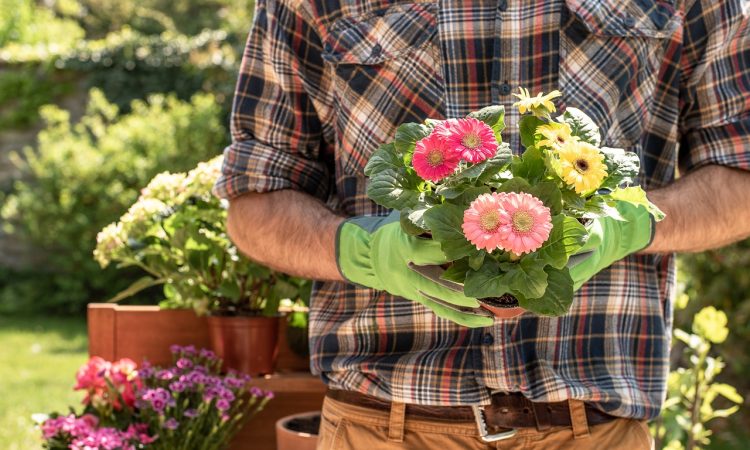
Winter may not be the best time to be in the garden but your green thumb may itch to do something outside. So, what should you do if your mood for jardinage strikes? The following garden tips might help satisfy your need for some winter fresh air:
Protect Your Plants from Road Salts
Plants and soil can get damaged because of road salts. Heavy salt use can cause increased soil salinity and affect vital soil life. And tender plant roots and evergreen foliage cannot tolerate regular exposure to salt. To protect your roadside plants from salt spray, erect a shield of landscape fabric into a fence with wooden stakes. Choose salt-resistant plants on areas adjacent to your driveway and walkway or depend on salt-free ice melters such as magnesium chloride or calcium chloride.
Allow the Rain to Soak In
Autumn gives your thirsty land a good drink after a hot, dry summer. Soil that has been dry for a long time can become water-repellent, even after heavy rains. Check for water pooling on the surface that you can fix with a good soil wetting agent or seaweed-based additives. Get rid of heavy layers of autumn leaves to make sure rain can get to the soil. These leaves can be used for making nutrient-rich compost.
Patch Up your Vegetation
Winter is the perfect time to prune existing fruit trees or purchase new ones to put in the ground. Also, you may want to plant brassicas, Chinese vegetables, and lettuce. Once you clean up the vegetable garden, enrich the soil with compost and decide what to plant next season.
Pay Attention to Winter Crops
If you are a year-round vegetable gardener, you need to pay attention to season extenders and eliminate snow from cold frames and mini hoop tunnels after a storm. When heavy snow accumulates, sunlight won’t be able to reach the crops. Also, snow can damage the structures. A sturdy broom or plastic shovel is your best buddies when it comes to snow removal.
Plan a New Garden Project
As you make plans for your garden, consider having a new design or them for your garden. You may want to add more shade or pant native plants to encourage native wildlife into your outdoor space. Butterflies, bees, and birds do wonders for your garden because they help pollinate vegetables and gobble up pest insects. Thus, once the rain pours and the wind howls, start your research online and plan your project.




